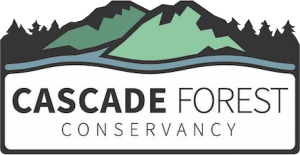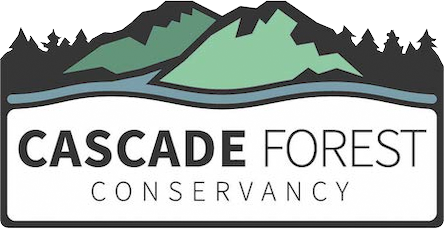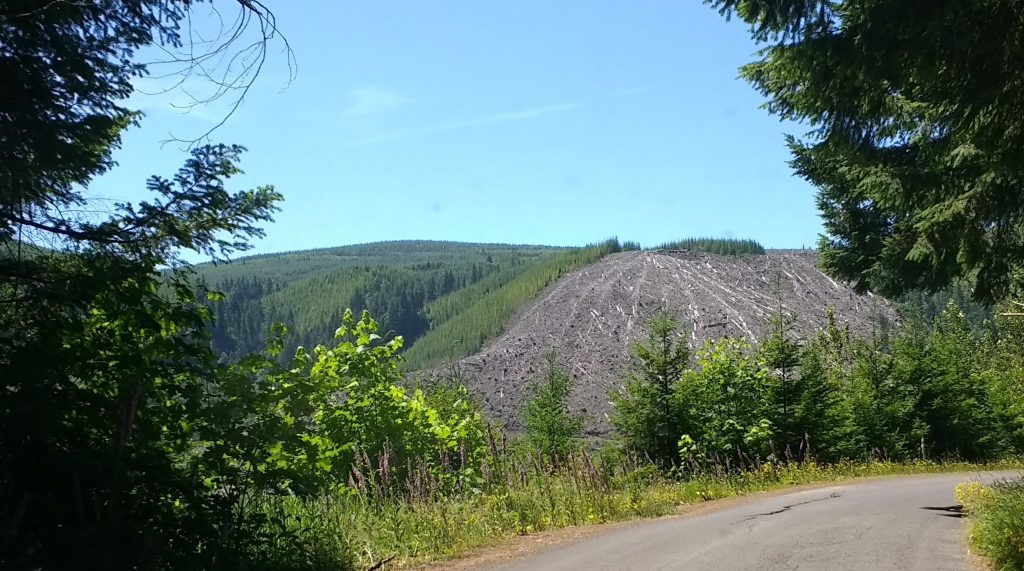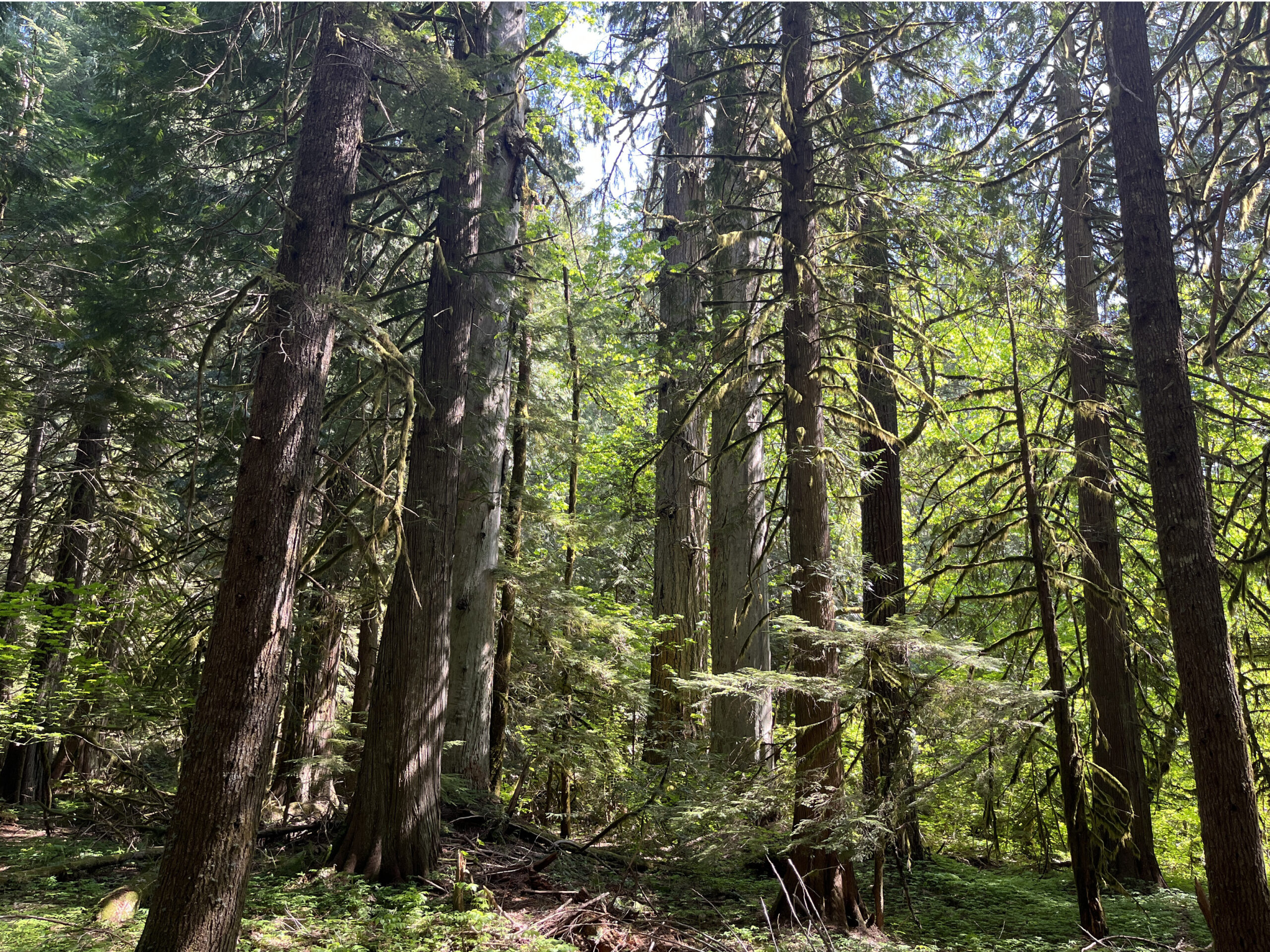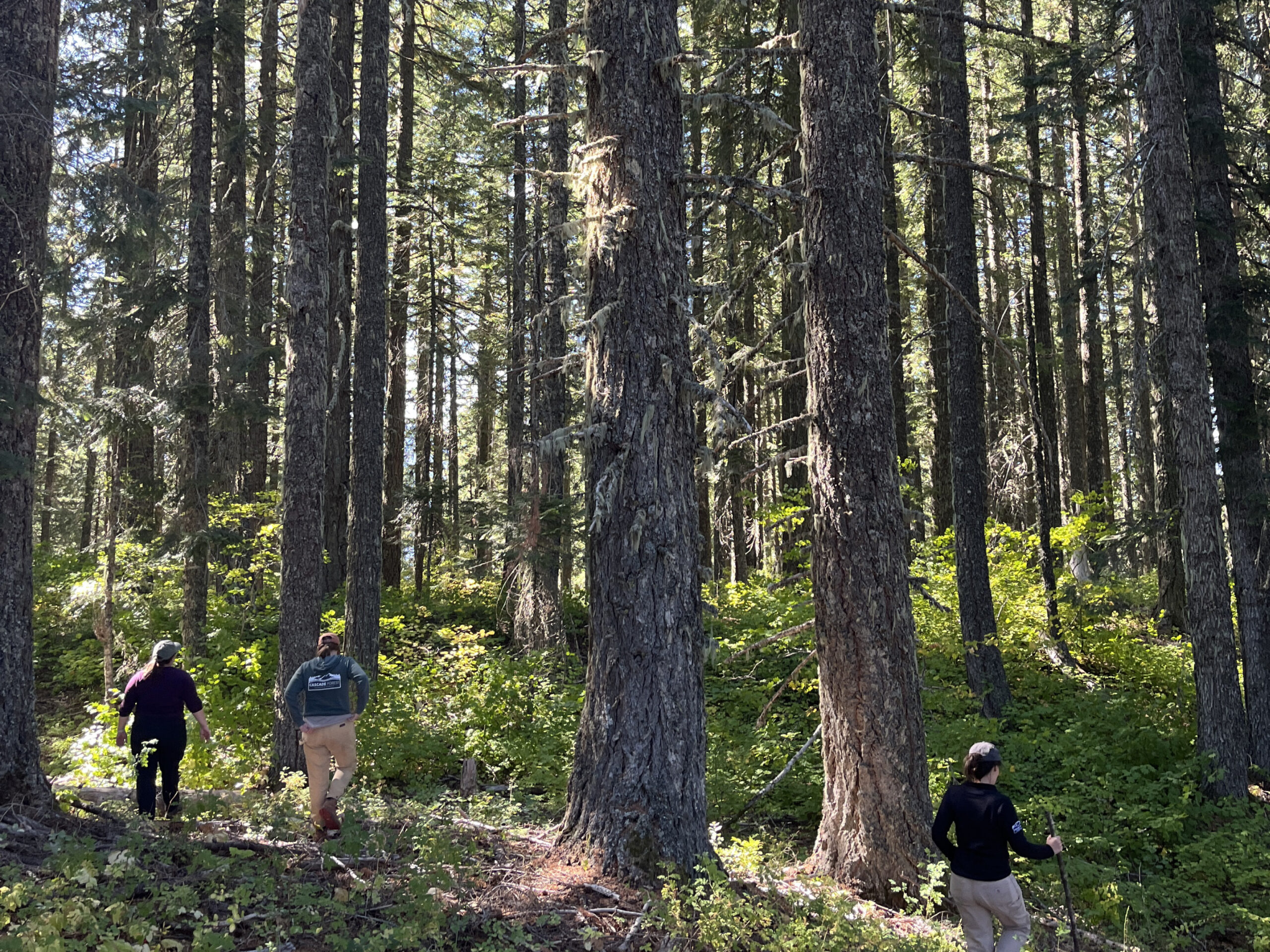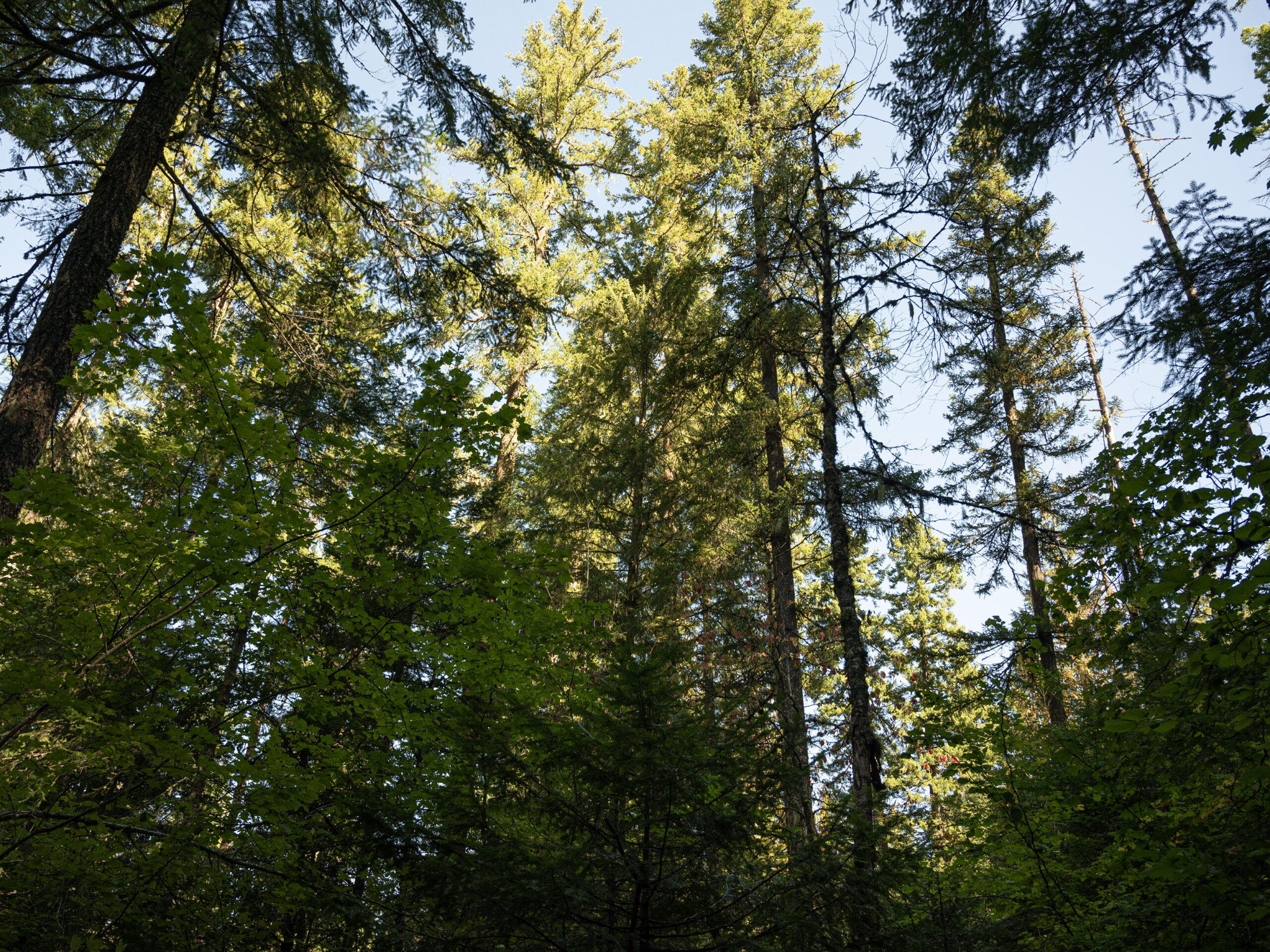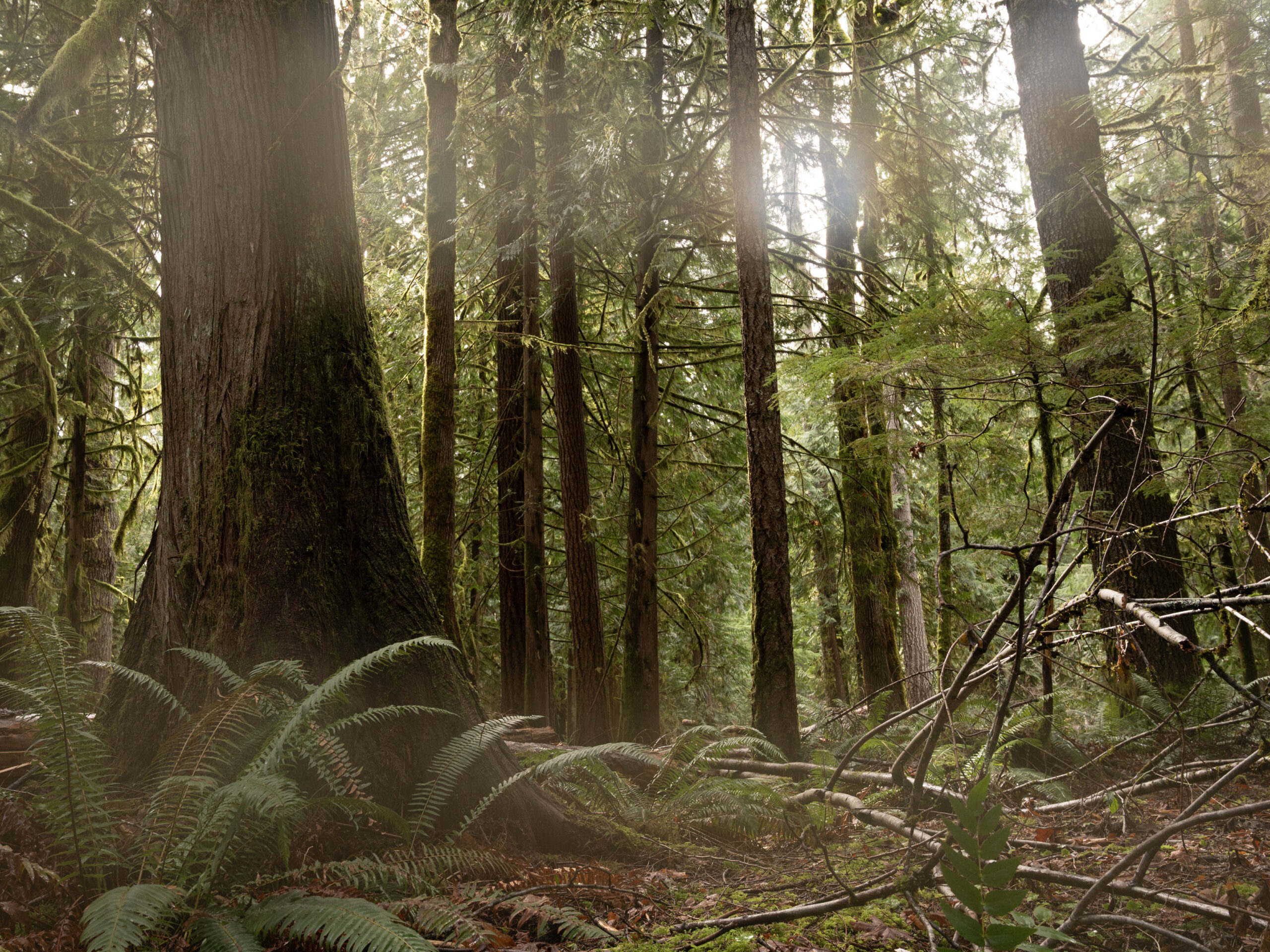[vc_row row_type=”row” use_row_as_full_screen_section=”no” type=”grid” angled_section=”no” text_align=”left” background_image_as_pattern=”without_pattern” css_animation=””][vc_column][vc_empty_space height=”35px”][/vc_column][/vc_row][vc_row row_type=”row” use_row_as_full_screen_section=”no” type=”full_width” angled_section=”no” text_align=”left” background_image_as_pattern=”without_pattern” css_animation=””][vc_column][vc_single_image image=”1250″ img_size=”full” alignment=”center” qode_css_animation=””][/vc_column][/vc_row][vc_row row_type=”row” use_row_as_full_screen_section=”no” type=”grid” angled_section=”no” text_align=”left” background_image_as_pattern=”without_pattern” css_animation=””][vc_column][vc_empty_space height=”75px”][vc_column_text]
TAKE ACTION to stop a dangerous forest bill!
[/vc_column_text][vc_separator type=”normal” color=”#444444″ thickness=”3″][vc_empty_space height=”15px”][vc_column_text]You can help protect our national forests by speaking out against the so-called “Resilient Federal Forests Act of 2017” (HR 2936). Unfortunately, this bill recently passed the House Natural Resources Committee, and will soon come up for a vote before the House. Now is the time to make public opposition to this bill known, please contact your representative and urge them to vote NO on HR 2936!
Representatives to contact:
–Jaime Herrera-Beutler (WA-3rd District)
–Kurt Schrader (OR-5th District)
–Greg Walden (OR-2nd District)
–Find your representative
This is one of the worst pieces of federal forest legislation in recent history, and favors logging at the expense of other public land values such as recreation, fish and wildlife habitat, and drinking water for local communities. Here are three ways this bill would harm public lands.
(1) Allow logging up to 30,000 acres without consideration of environmental impacts
If this bill passes, it will exempt many logging projects up to 10,000 acres from complying with the National Environmental Policy Act (NEPA), and up to 30,000 acres if the projects were developed in a “collaborative process.” By exempting these projects from NEPA, large areas of the forest could be cut without in-depth consideration of the environmental impacts. This would undermine decades of work to ensure diverse public land values are considered and protected on federal forests.
(2) Weaken Endangered Species Act protections
The Endangered Species Act requires the Forest Service to consult with the National Marine Fisheries Service and/or the Fish and Wildlife Service whenever they propose a project that could harm a listed species. These agencies are the federal experts on the Endangered Species Act, and the consultation requirement helps the Forest Service consider potential impacts to listed species. This bill would eliminate the consultation requirement, allowing the Forest Service to decide whether or not to consult or not on a project, and completely exempt other forest management projects from the Endangered Species Act.
(3) Limit public input and judicial review of agency decisions.
Public input is essential to creating projects that balance diverse values on federal forest lands. HR 2936 would disrupt this balance by restricting the ability of citizens to comment on projects and the ability to challenge agency decisions in court. The bill would limit public comment periods to only 30 days and allow the Forest Service consider only two alternatives – no action or intense logging. The bill also forces citizens to challenge decisions through a binding arbitration process, which means that the agency can escape litigation even when they clearly violated the law. It also would prevent courts from temporarily stopping salvage logging projects while deciding a case and prevent plaintiffs from recovering attorney’s fees, even if they are successful in court.
This bill would increase logging without considering environmental concerns, directly threatening public lands and the many values they provide. Please contact your representative and ask them to vote NO on HR 2936.
- Find your representative
- Read the bill
- Learn more about forest management and current timber sales in the Gifford Pinchot National Forest
[/vc_column_text][vc_empty_space height=”35px”][vc_row_inner row_type=”row” type=”grid” text_align=”left” css_animation=””][vc_column_inner][vc_gallery interval=”0″ images=”1308″ img_size=”full” onclick=””][/vc_column_inner][/vc_row_inner][vc_empty_space height=”75px”][/vc_column][/vc_row][vc_row row_type=”row” use_row_as_full_screen_section=”no” type=”grid” angled_section=”no” text_align=”left” background_image_as_pattern=”without_pattern” css_animation=””][vc_column][vc_separator type=”normal” color=”#444444″ thickness=”3″][vc_empty_space height=”75px”][vc_empty_space height=”35px”][vc_empty_space height=”150px”][/vc_column][/vc_row][vc_row row_type=”row” use_row_as_full_screen_section=”yes” type=”grid” angled_section=”no” text_align=”left” background_image_as_pattern=”without_pattern” css_animation=”” css=”.vc_custom_1465592094531{background-color: #96d1ae !important;}”][vc_column][vc_row_inner row_type=”row” type=”grid” text_align=”left” css_animation=””][vc_column_inner][vc_empty_space height=”125px”][latest_post_two number_of_columns=”3″ order_by=”date” order=”ASC” display_featured_images=”yes” number_of_posts=”3″][vc_empty_space height=”75px”][/vc_column_inner][/vc_row_inner][/vc_column][/vc_row]

